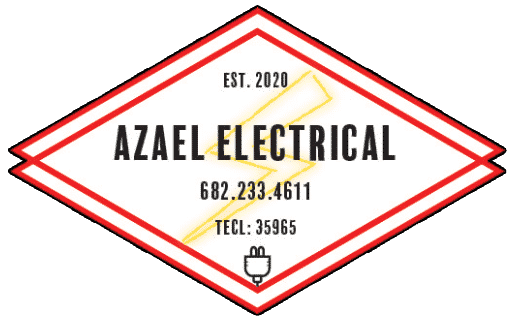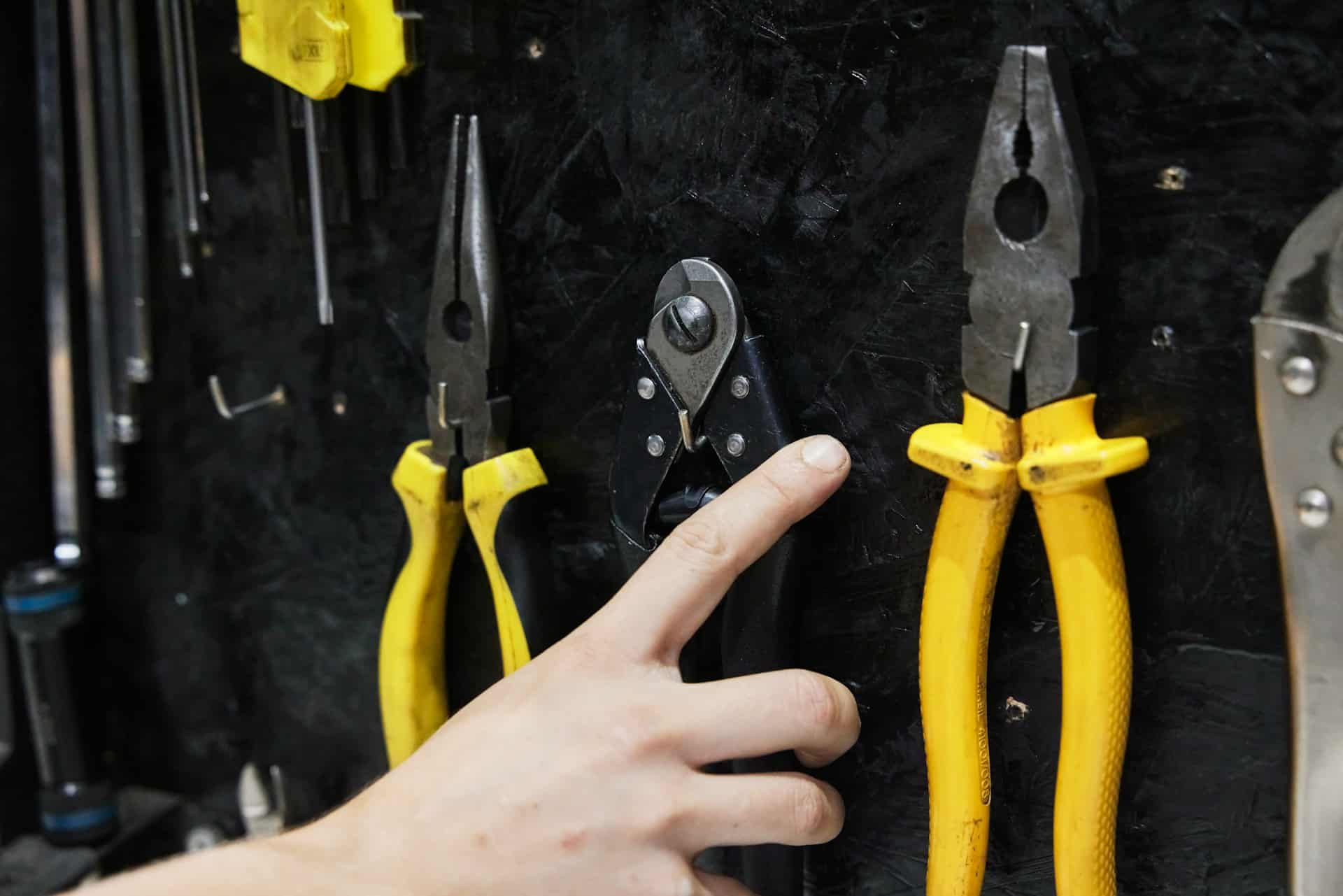Every homeowner faces electrical problems at some point, from replacing a light switch to fixing a broken outlet. Having the right tools can make these tasks easier and safer. Owning a good set of electrical tools is like having a first-aid kit for your home; it helps you tackle minor issues without needing a professional right away. Whether you are a DIY enthusiast or just someone who wants to be prepared, having essential electrical tools is a must.
Electrical work can be intimidating, but it doesn’t have to be. By equipping yourself with the proper tools, you can handle many simple repairs and even some advanced projects with confidence. This saves you time and money, and also empowers you to keep your home in top shape. Imagine not having to call an electrician for every minor issue, and instead being able to solve the problem yourself!
Understanding which tools are essential, and how to use them, will help you get started on the right foot. Let’s dive in and learn about the essential electrical tools every homeowner should have!
Basic Electrical Tools for Simple Repairs
Having a set of basic electrical tools is essential for handling common household repairs. One of the most important tools is a screwdriver set. Electrical repairs often require both flathead and Phillips screwdrivers for removing and installing outlet covers, light switches, and other fixtures. Make sure to get screwdrivers with insulated handles to protect against electrical shocks.
A voltage tester is another crucial tool. This handy device allows you to check if an electrical circuit is live before starting your work. It ensures your safety by confirming that power is off to the area you are working on. Voltage testers are simple to use and can prevent dangerous mistakes.
Wire strippers are also necessary for any electrical work that involves cutting and installing wires. These tools allow you to strip the insulation from electrical wires without damaging the wire itself. Some wire strippers also come with built-in cutters and crimpers, making them versatile for various tasks.
Pliers, both needle-nose and lineman’s, are useful for gripping, twisting, and cutting wires. Needle-nose pliers are great for working in tight spaces, while lineman’s pliers provide strong gripping power for heavier tasks. Having both types in your toolbox will cover a range of needs.
Advanced Tools for More Complex Projects
For more complex electrical projects, you’ll need advanced tools to help you handle the job efficiently and safely. A multimeter is a versatile and essential tool for diagnosing electrical issues. It can measure voltage, current, and resistance, helping you troubleshoot electrical problems and verify circuit functionality.
A fish tape is useful for pulling wires through walls, ceilings, or conduits. This tool is especially handy when running new wiring in an existing home. It allows you to fish wires through tight spaces that are otherwise hard to reach, making the process much easier.
Circuit breaker finders are also invaluable for more advanced projects. This tool helps you identify which circuit breaker controls a specific outlet or light fixture. It saves time and reduces the risk of accidentally cutting the power to the wrong area, ensuring you can work safely and efficiently.
Additionally, a heat gun can be useful for tasks such as shrinking heat shrink tubing to protect wire connections. Heat guns generate hot air, allowing you to mold and shrink materials without using an open flame. This makes them safer and more precise for certain electrical applications.
Owning these advanced tools will equip you to handle a broader range of electrical projects, from running new wires to diagnosing and fixing complex electrical issues. These tools may require a bit more expertise to use effectively, but they significantly expand your DIY capabilities.
Safety Gear and Equipment for Electrical Work
Safety is paramount when handling electrical tasks. Wearing the right safety gear can protect you from potentially dangerous situations. One essential piece of safety equipment is insulated gloves. These gloves protect your hands from electric shocks, especially when working with live wires. Always check the gloves for any damage before use, as even small tears can compromise their effectiveness.
Safety glasses are equally important. They shield your eyes from sparks, debris, or accidental contact with electrical components. Even if you think the task is minor, wearing safety glasses ensures that your eyes are protected at all times.
A non-contact voltage tester can be a lifesaver. This tool allows you to check for live electricity without touching the wires or circuits. It gives you peace of mind knowing that the area you are working on is safe. Always test the device on a known live circuit before using it to confirm it is working correctly.
Tips for Maintaining and Storing Your Electrical Tools
Maintaining and storing your electrical tools properly extends their life and ensures they are ready for use when needed. First, keep your tools clean. After each use, wipe them down to remove any dust, dirt, or debris. This prevents build-up that can affect their performance.
Regularly inspect your tools for wear and tear. Check for any signs of damage, such as frayed wires on your pliers or chipped insulation on your screwdrivers. Repair or replace any compromised tools to maintain safety.
Store your tools in a dry, organized space. Moisture can cause rust and damage to electrical tools, so keeping them in a moisture-free environment is crucial. Using a toolbox or pegboard helps keep your tools organized and easily accessible. Labeling drawers or compartments can also help you find tools quickly.
Make a habit of periodic maintenance checks. Sharpen blades, tighten loose screws, and oil any moving parts. This routine will ensure your tools remain in good working order and are ready for any task.
The Best Tools for Home Electrical Repairs
Owning the right electrical tools and knowing how to use them can make a significant difference in handling home repairs effectively. From basic tools for simple tasks to advanced tools for more complex projects, being well-equipped ensures that you can tackle most electrical problems confidently.
Equally important is having the necessary safety gear to protect yourself while working. Proper maintenance and storage of your tools will keep them in excellent condition, providing you with reliable performance for years to come.
If you’re looking to upgrade your electrical toolkit or need professional advice on the best tools for your home projects, Azael Electrical is here to help. Our experts can guide you in selecting the perfect tools and equipment tailored to your needs. Contact our electrical contractors in Arlington today to learn more and get started on making your home repairs easier and safer.

